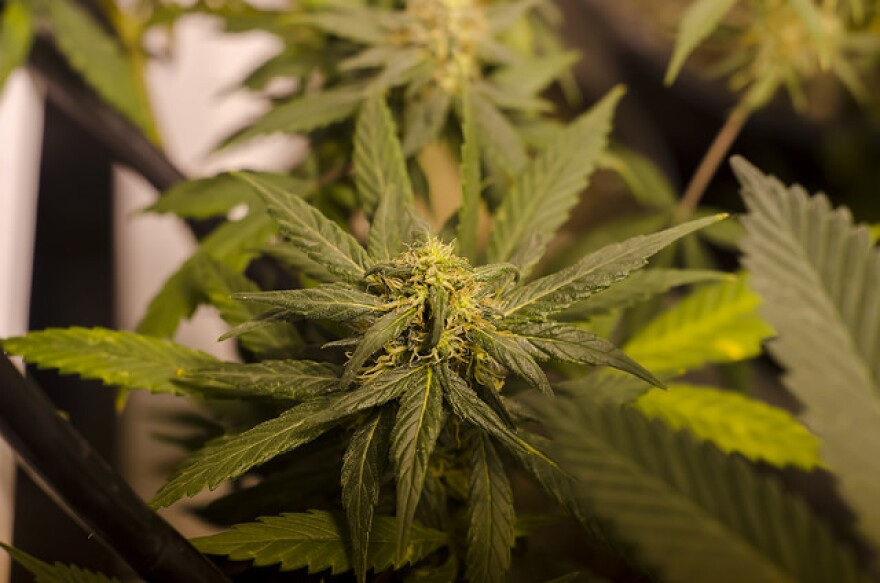Opponents of the Department of Health’s proposed rules for distributing low-THC marijuana began a legal challenge this week. Implementing the new “Compassionate Use of Marijuana” law has been a rocky, contentious ride that doesn’t appear to be easing.
Florida is one of 11 states that have adopted laws allowing some citizens to use low-THC marijuana that doesn’t cause a high. In Florida, use is restricted to individuals suffering from symptoms like seizure and muscle spasms, but it’s also restricted by the text of the law itself. The Department of Health is directed to choose five dispensing organizations that meet a number of requirements outlined in the statute.
Over the past few months, department officials have held public hearings to craft a set of proposed rules, and they’ve come under continual fire for a proposal to make their final dispensary selection by lottery. But Department of Health lawyer Jennifer Tshcetter defended the process during this week’s administrative hearings.
“The difficulty in selecting something that’s necessarily better, when they’re just different, made the scorecard – an elaborate scorecard – something that seemed like an impossibility to the agency,” Tschetter says.
But Steven Turner, lawyer for the South Florida nursery Costa Farms, says that’s the sort of thing government agencies do all the time.
“I don’t understand why the department doesn’t have the capacity to do that when other states do, when municipalities and cities do in selecting franchisees,” Turner says. “I’m asking you to help explain why you can make the decision that they pass/fail – whether they can operate – but you can’t make the decision if their application is going to be, in your judgment, a better provider.”
The idea of pass/fail brings up another complaint.
The department plans to evaluate applicants based on the rules, and any applications that ‘pass’ will be included in the lottery. But Tschetter says the department may ask for further information to judge applications.
Craig Varn represents another nursery called Plants of Ruskin, and he argues this creates uncertainty, allowing ludicrously substandard applications like one written on a napkin to compete with high-quality applicants. Tschetter dismisses this argument.
“So if we wanted to take that napkin and say, ‘Denied. This is not a qualified application,’ that person would have a right to challenge the agency, and we’ll deal with that then,” Tshetter says. “But, if we get an application on a napkin we’ll probably defend that decision all day long.”
Nevertheless, Varn says, it’s unclear what the applicant needs to do to be taken seriously.
“Right – I don’t disagree,” Varn says, “but at some point there’s a level between my absolutely ridiculous proposition and the cream of the crop, and what I’m trying to understand is where is that middle ground?”
Whatever the decision in the case at hand, Tschetter says one thing is certain.
“I know we’re going to have litigation, absolutely, with the number of lawyers that came to these workshops, we’re gonna get sued again, and it will start the minute we get applications, and we’ll deal with that when it comes,” Tschetter says.
The hearings ended Wednesday and Judge W. David Watkins will have 30 days to render his decision.





